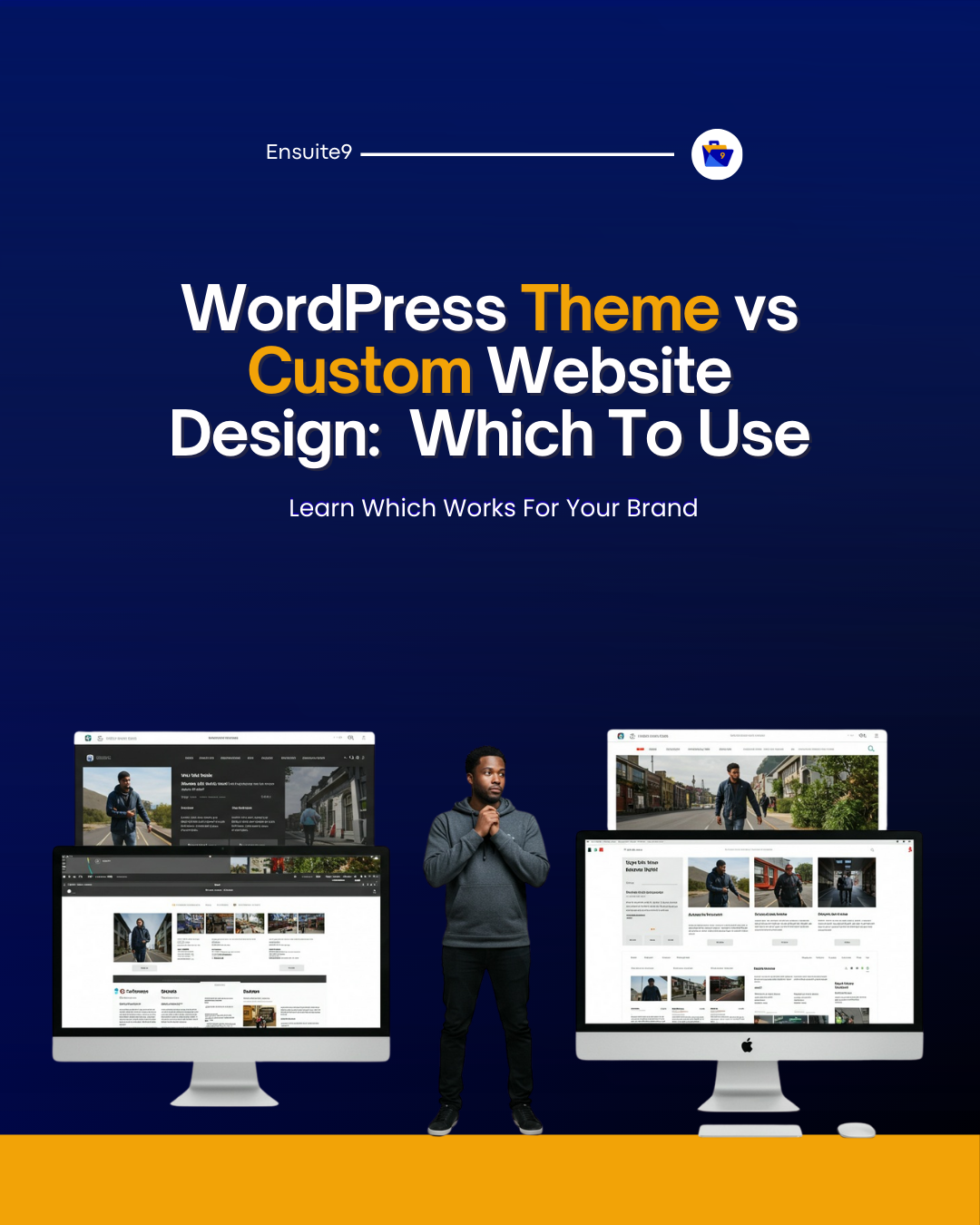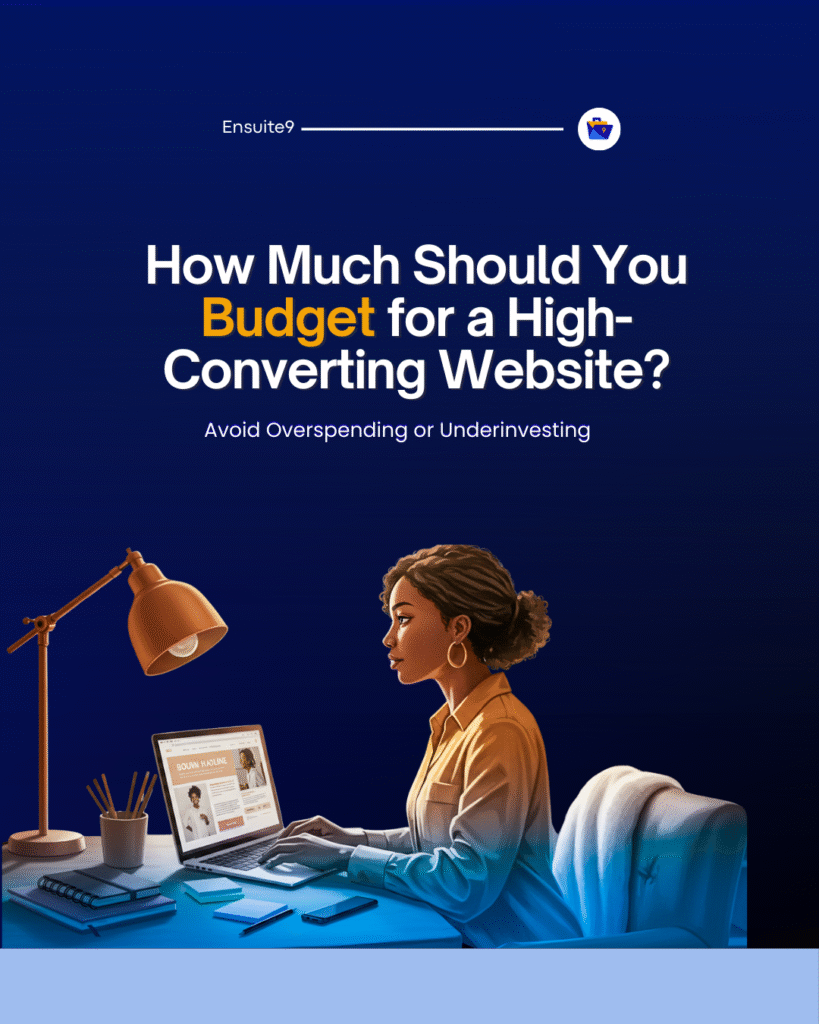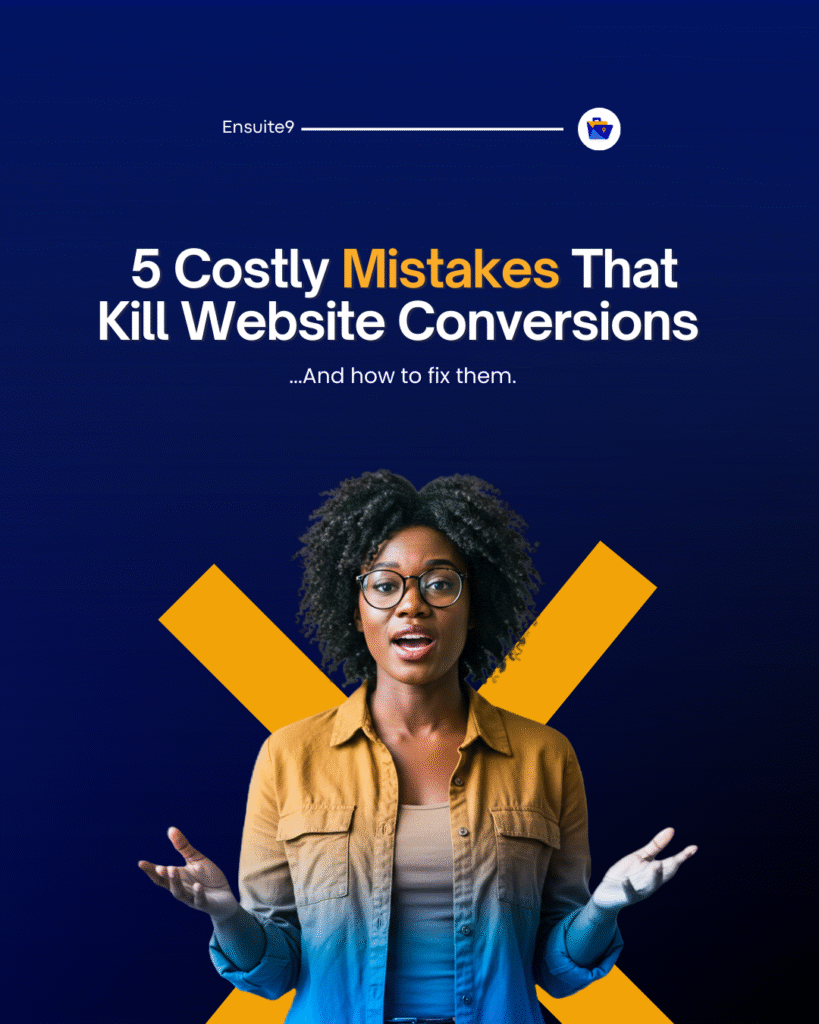Your website is often the very first interaction potential customers have with your brand. In the digital economy, people form opinions about your business in just a few seconds. According to research from Stanford University, 75% of users judge a company’s credibility based on website design. That makes the decision between a WordPress theme vs custom website design more critical than ever.
Should you pick a pre-made theme for speed and affordability, or invest in a custom website that perfectly reflects your brand? The answer depends on your business goals, budget, and long-term strategy. In this article, we’ll break down the differences, pros, cons, costs, SEO impact, scalability factors, and real-world use cases so you can confidently choose the right option.
(See: The Complete Guide to Hiring a Web Designer Who Converts)
What Is a WordPress Theme?
A WordPress theme is a pre-designed template that determines how your website looks and functions. With thousands of free and premium themes available, businesses can launch websites quickly without coding. These themes often come with drag-and-drop editors, built-in design elements, and limited customization features.
WordPress themes have revolutionized the way businesses launch their digital presence. At their core, themes are pre-designed templates that package layout, styling, and basic functionalities into one installable solution. They serve as the scaffolding of a website, enabling quick deployment without extensive coding knowledge. For small businesses, start-ups, or individuals testing the online waters, this option offers accessibility and affordability.
The main attraction of WordPress themes lies in their ready-made convenience. With thousands of free and premium themes available, business owners can select a design that visually aligns with their brand. Themes often come bundled with built-in features such as sliders, contact forms, blog layouts, and responsive design, meaning less time spent on technical development. This accessibility has democratized web design, making it possible for anyone with minimal technical skills to establish an online presence.
Yet, the very strength of WordPress themes, standardized convenience, also highlights their greatest weakness. Because they are built for mass adoption, themes tend to lack uniqueness. Even premium themes are sold to thousands of buyers, meaning a business’s website could look strikingly similar to its competitors. For industries where differentiation is vital, this can weaken brand authority. Furthermore, pre-packaged features often create “bloat”, code and functions you may never use, slowing site performance and affecting SEO.


